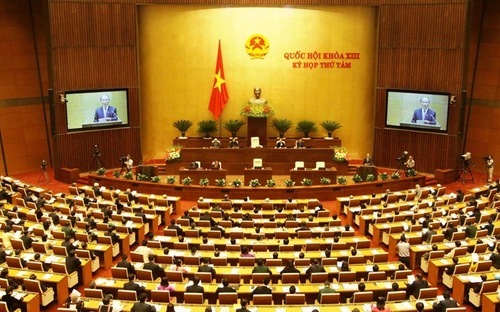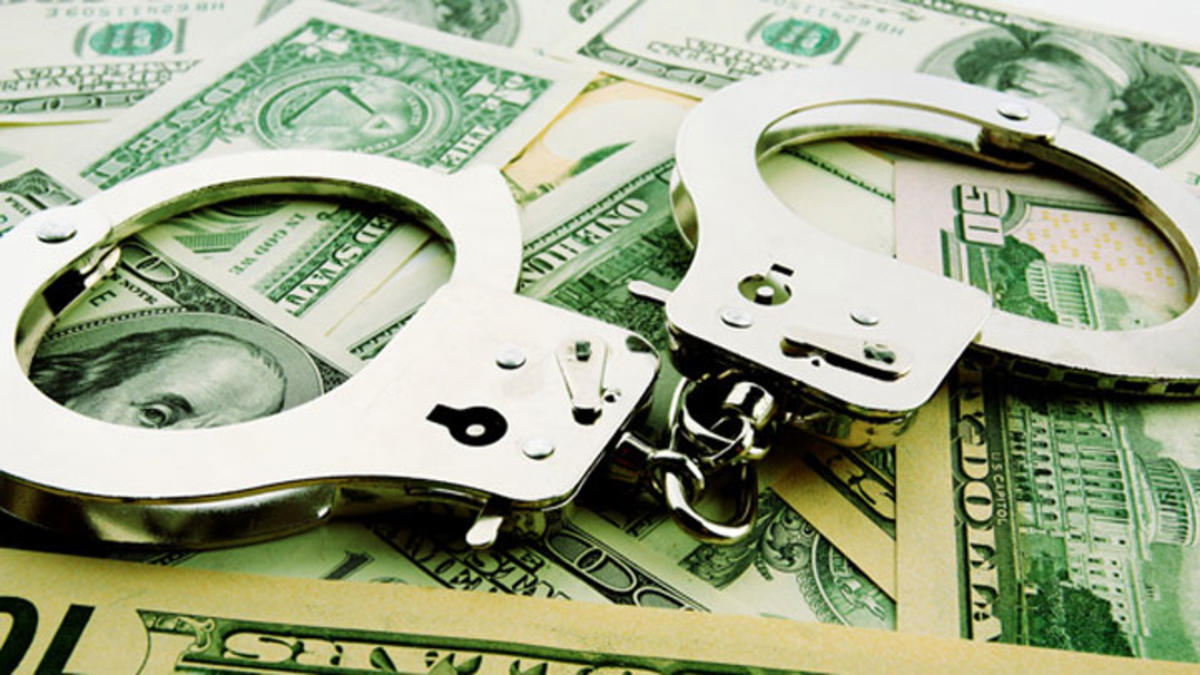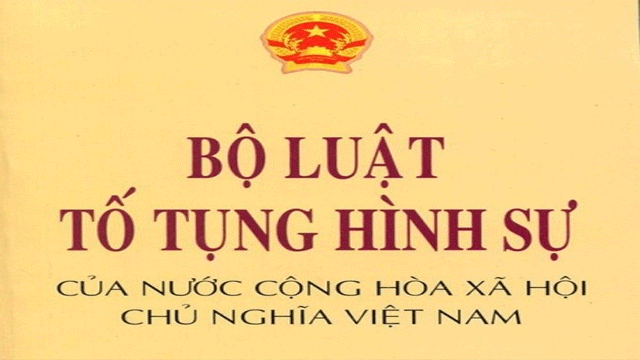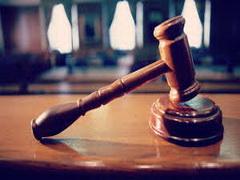Witnesses providing false testimony – Are there any liabilities?This is a question that has recently been frequently received by Law Secretary from our Clients and Members. Law Secretary would like to clarify this issue in the article below.

Illustrative Image
1. In Civil Procedure:
According to Article 77 of the Civil Procedure Code 2015, a person who knows the facts related to the case content and is requested by the involved parties or summoned by the Court to participate in the proceedings as a witness.
Article 78 of the Civil Procedure Code 2015 stipulates the rights and obligations of witnesses as follows:
- Provide all information, documents, and items related to the resolution of the case that they have.- Truthfully declare the facts they know related to the resolution of the case.- Refuse to testify if their testimony involves state secrets, professional secrets, business secrets, personal secrets, family secrets, or if the testimony adversely affects the involved party who is a relative.- Be excused from work during the time the Court summons or takes testimony if they work at an agency or organization.- Be reimbursed for related expenses as per the legal regulations.- Request the summoning Court, competent state authority to protect their life, health, honor, dignity, property, and other legitimate rights and interests when participating in the proceedings; complain about procedural actions of the procedural persons.- Compensate for damage and bear legal responsibility for false testimonies causing harm to the involved parties or others.- Be present at the Court, hearings, and sessions according to the Court's subpoena if the witness's testimony must be taken publicly at the Court, hearings, sessions; if the witness fails to attend the hearings, sessions without a valid reason and their absence hinders the adjudication and resolution, the Judge, the Trial Council, the Council for resolving civil matters may issue a decision to escort the witness to the hearings, sessions, except for minor witnesses.- Swear before the Court to execute their rights and obligations unless the witness is a minor.
Therefore, according to the above regulations, if a witness falsely testifies, they must compensate for the damage and bear legal responsibility for false testimonies causing harm to the involved parties or others.
Note: A person deprived of civil act capacity cannot be a witness.
2. In Criminal Procedure:
According to Clause 1 Article 66 of the Criminal Procedure Code 2015, a witness is a person who knows the facts related to the crime source, the case and is summoned by the competent procedural authority to testify.
Clause 4 Article 66 of the Criminal Procedure Code 2015 stipulates that witnesses must fulfill the following obligations:
- Be present according to the subpoena of the competent procedural authority. If deliberately absent without a force majeure reason or objective obstacle and their absence hinders the resolution of the crime source, prosecution, investigation, prosecution, adjudication, they may be escorted;- Truthfully present the facts they know related to the crime source, the case, and the reasons they know these facts.
If a witness provides false testimony, refuses to testify, or avoids testifying without a force majeure reason or objective obstacle, they shall bear criminal responsibility according to the Penal Code.
Specifically, Article 382 of the Penal Code 2015 (amended by Point u Clause 1 Article 2 of the Law Amending Criminal Code 2017) stipulates the crime of providing false documents or false testimony as follows:
Article 382. Crime of Providing False Documents or False Testimony
1. A witness, expert, valuer, translator, interpreter, defense counsel who concludes, translates, testifies falsely, or provides documents that they know to be false shall be subject to a warning, non-custodial reform for up to 1 year, or imprisonment from 3 months to 1 year.
2. If the crime falls under one of the following circumstances, the penalty shall be imprisonment from 1 year to 3 years:
a) Organized;
b) Leading to incorrect adjudication or case resolution.
3. If the crime falls under one of the following circumstances, the penalty shall be imprisonment from 3 years to 7 years:
a) Committing the crime twice or more;
b) Leading to wrongful conviction of an innocent person or letting a crime or a criminal go unpunished.
4. The offender may also be prohibited from holding certain positions, practicing certain professions, or doing certain jobs for 1 year to 5 years.
Accordingly, as per the above regulations, if a witness testifies falsely or deceitfully, depending on the severity, they shall be subject to a warning, non-custodial reform for up to 1 year, or imprisonment from 3 months to 7 years. Additionally, they may be prohibited from holding certain positions, practicing certain professions, or doing certain jobs for 1 year to 5 years.
Note: The following persons are not allowed to be witnesses:
- The defense counsel of the accused;- Those with mental or physical disabilities that prevent them from perceiving the facts related to the crime source, the case or from giving proper testimony.
Nguyen Trinh
 Article table of contents
Article table of contents





.Medium.png)
.Medium.png)
.Medium.png)
.Medium.png)
